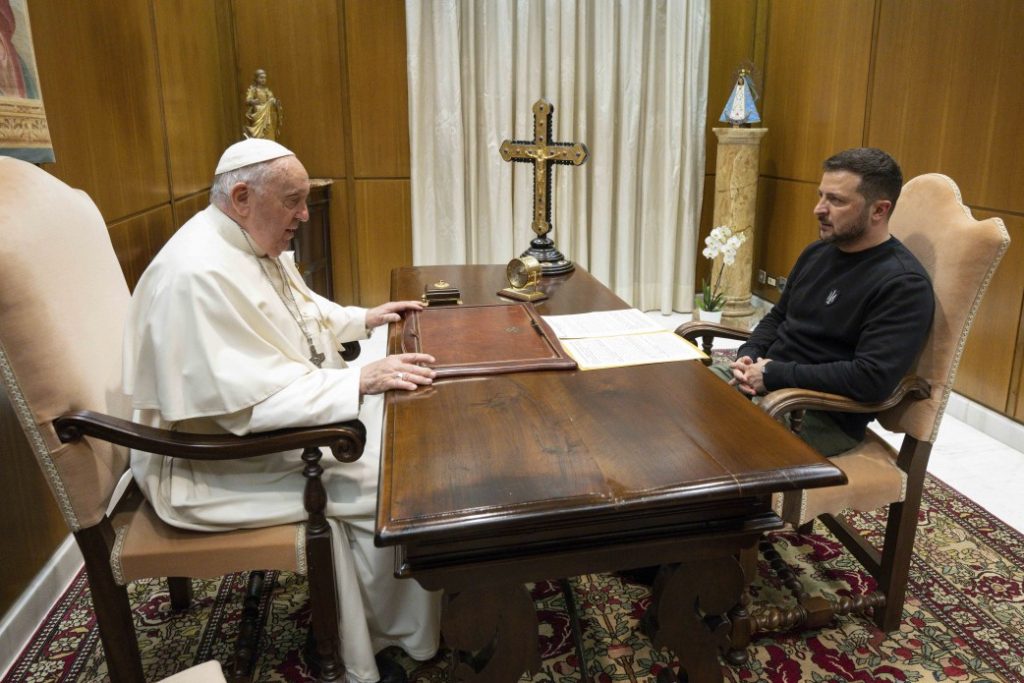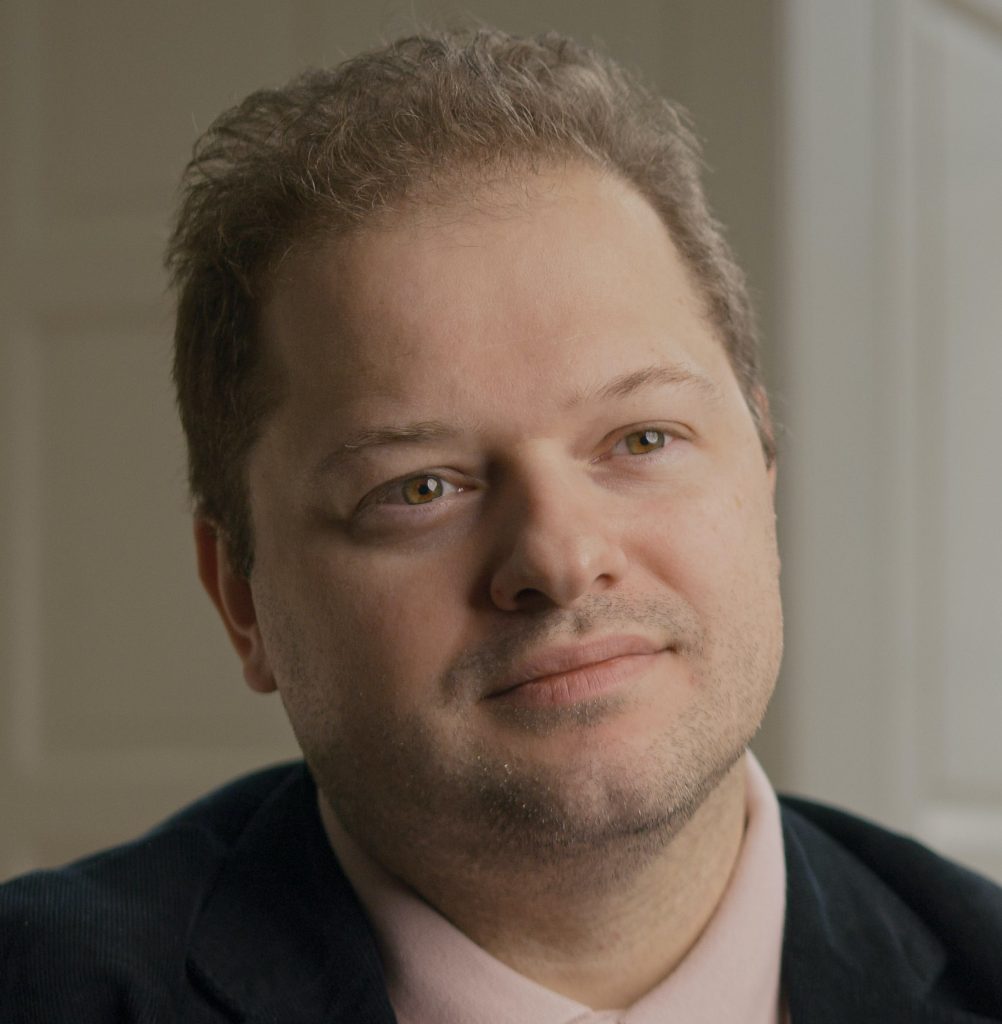
This series explores how Pope Francis as the head of the Catholic Church and the Vatican deals with the Russia-Ukraine war.
Many observers call the Pope’s approach ambiguous.
On the one hand, the Catholic Church has provided humanitarian support to Ukrainians affected by the war from its very beginning in 2014. For example, from 2016 to 2018 the Catholic Church raised almost €16 million through the “Pope for Ukraine” initiative and funded several programs for internally displaced people and those living in the combat zone. Such programs provided mobile health clinics, food vouchers, and psychological help for adults and minors; and repaired and insulated houses damaged by the war. Since the beginning of Russia’s full-scale invasion, Pope Francis has made several public speeches and gestures in support of Ukrainian victims of the war and has tried to advance humanitarian efforts—including attempts to facilitate the return to Ukraine of Ukrainian children deported by Russia—and to highlight the moral catastrophe of the Bucha massacre and similar crimes.
(more…)



